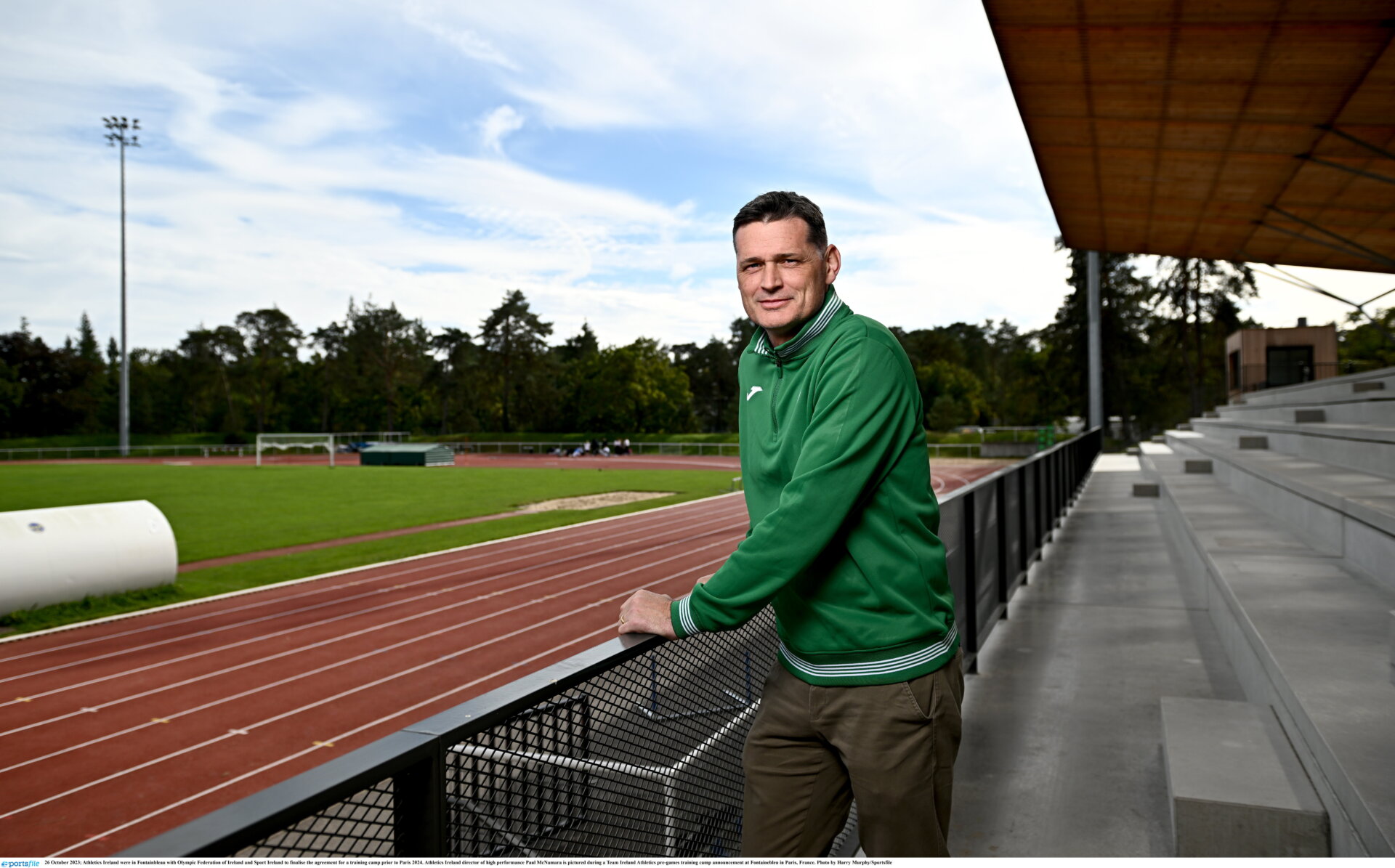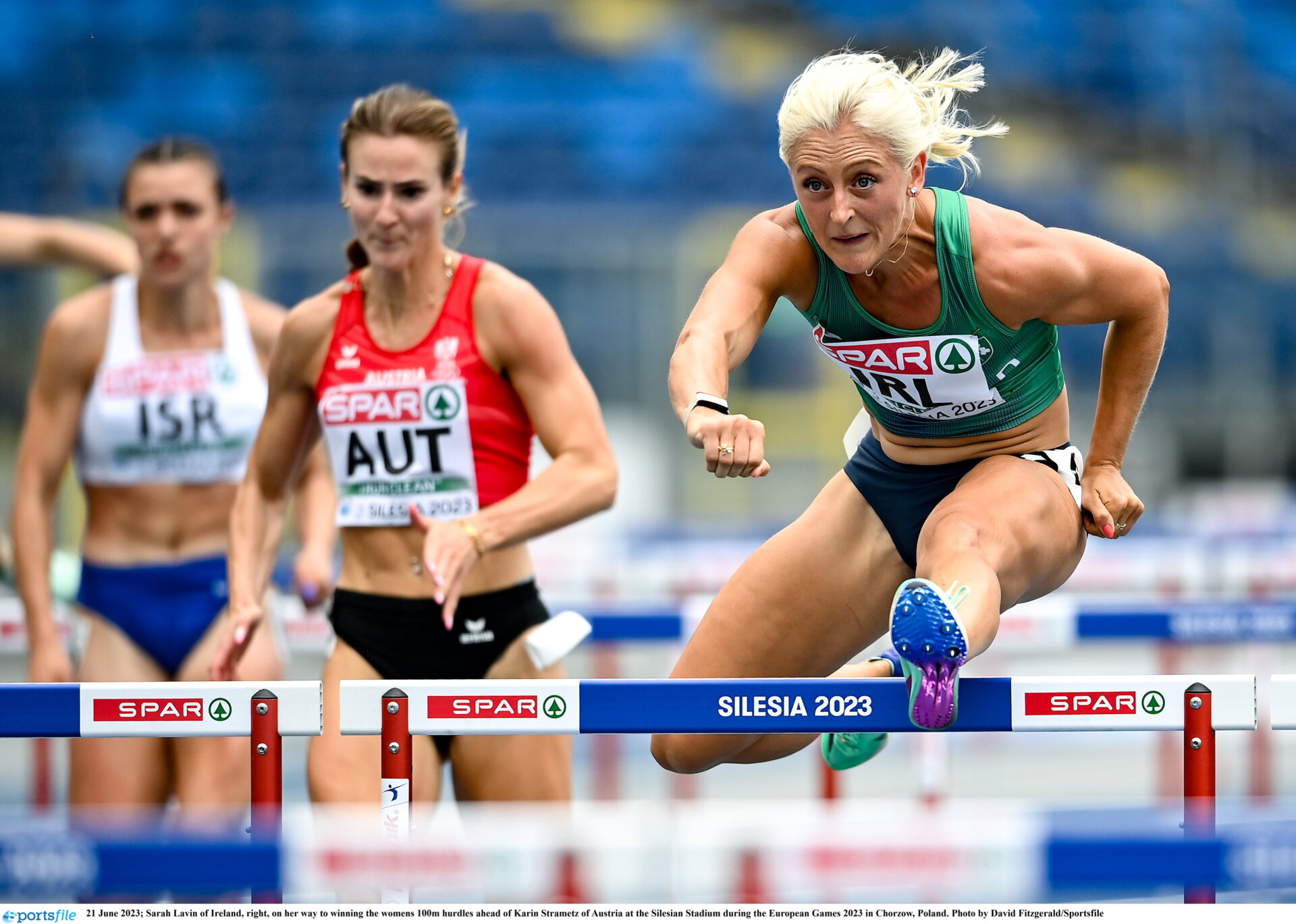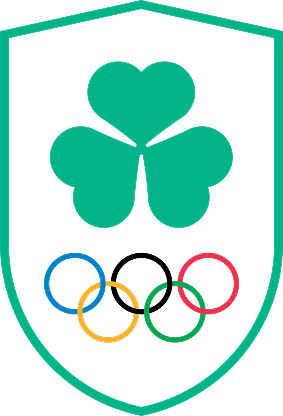
It takes a brave person to admit that “my appointment was as much a surprise to me as anyone else” and that he initially suffered from imposter syndrome.
But that is how Paul McNamara felt when he was appointed Athletics Ireland’s Director of High Performance in April 2017.
He had already amassed World Athletics’ highest coaching qualification, had a Masters in Sports Science (through Staffordshire University), was a qualified coach tutor and had worked for Athletics Ireland for almost 11 years as their Regional Development Officer (RDO) for Connacht.
At the age of 41 he had delivered coach education and development squads for a decade and was already involved in managing Irish teams at European Cross Countries and helping out at World Championships (2015) and Olympic ((2016) level.
Yet he still feared he hadn’t the necessary high performance (HP) experience.
“In terms of credentials at the very top end I had very few but I actually knew the sport inside out,” McNamara reflects now. “In hindsight I was more than capable of doing the role but I think we all have that imposter syndrome.”

McNamara’s first introduction to athletics was being rounded up by a teacher, Billy Silke in Presentation Athenry, to help make up the school’s cross-country team and he loved it immediately.
He won a schools international cross-country title in 1991, represented Ireland at World and European Cross-Countries, competed at 3000m, 5000m and 10,000m on the track and earned a scholarship to to Providence College, Rhode Island where he captained their athletics team in his final year.
Armed with a business degree, he returned home to do a post-grad in systems analysis in NUIG and worked as an IT consultant at Trinity College and later drinks giant Diageo, all the while obsessively studying running, “especially coaching and applied physiology.”
Athletics Ireland got in touch when they were appointing their first batch of RDOs in 2017 and when he took over as their HP lead that unit only had two other staff, both in logistics and athlete services.
Now he leads a team of seven; Mark Kenneally (Head of Endurance), Christian Malcolm (Head of Sprints), Dave Sweeney (Head of Field Events), Jacqui Freyne (Pathway Performance manager), Paul Thornton (Operations Manager) and Roisin Lande (Athlete Services).
Like every other HP director he would love even more staff/resources and says they couldn’t thrive without an army of brilliant volunteers and volunteer team managers like Teresa McDaid.

Athletics, he points out, is a uniquely broad sport of five different disciplines (speed, endurance, walks, throws and jumps) with further additional complications, like having some of its best athletes based abroad.
“It’s not a single sport, even though we lump it all in together,” he notes. “The paradigm in most high performance sports is a Performance Director with a team of coaches underneath and a centralised programme of individuals training collectively together. That model is wonderful where it works, but in our sport it simply doesn’t.
“So there’s an awful lot more carrot and less stick. It really is about relationship building and understanding what support our coach/athlete units need – regardless of where they are based – and where we can add value for them. Understanding that dynamic has contributed to a lot of success recently.
“It goes without saying we get fantastic support from Sport Ireland and what has increased significantly is the direct investment in athletes via the Carding system (€654,000 in 2024 covering 24 individuals plus two 4x400m squads).
“Whether you measure it by numbers meeting qualification standards, performance lists (rankings), medal counts or numbers in the top eight, top 16, top 24 at major championships; it’s all going the right direction.

“At World indoors recently we had a very small team, were missing some superstars but still had sufficient depth for three top six finishes and Sharlene (Mawdsley, who got disqualified) would have been another. We could have somewhere between 24 to 30 individual athletes qualified for Paris.”
McNamara now lives in Roscommon Town with his wife and three children where he is chairperson of the local athletics’ club and what particularly excites him is non-athletics’ experts stopping him on the street.
“Irish athletics has a profile now that it didn’t have in quite some time. The athletics’ public is always thoroughly invested and devoted but the general public is really starting to see our sport in a different light.
“We haven’t won a global medal for the last number of years so that is the key deliverable. We want to get that across the line and we’re knocking on the door.
“It’s not outlandish to say there will be three medal opportunities in Paris, arguably four and when you look at the next tier, of people achieving top eight or top 12s, that will progress too. I believe our depth in Paris, relative to the depth in Tokyo, is going to be chalk and cheese.”
